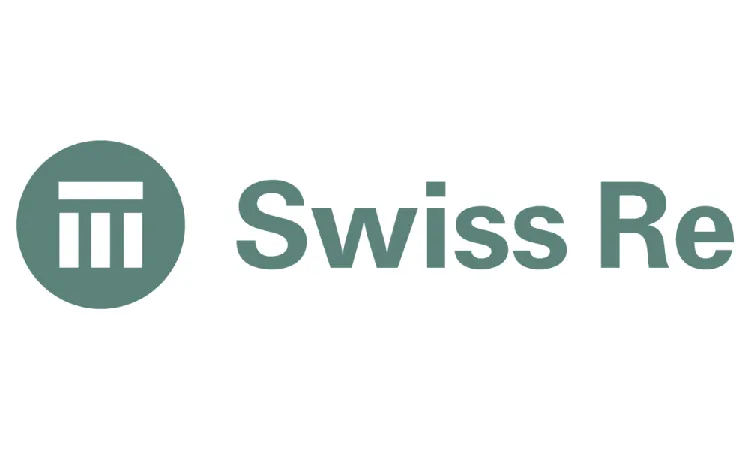
Navigating the New Frontier: Insurers Embrace GLP-1 Medications
2025-04-16
Author: Yu
The Rise of GLP-1 Medications: A Double-Edged Sword
Insurance companies are at a crossroads as they seek to adapt to the booming popularity of GLP-1 receptor agonists, like Ozempic and Wegovy, which have revolutionized weight management and helped many tackle obesity-related health concerns.
A Holistic Approach to Risk Assessment
According to Swiss Re, a premier provider of reinsurance and insurance solutions, it’s critical for insurers to weave these transformative treatments into their risk evaluation frameworks. However, the challenge goes beyond the immediate benefits of these drugs, as long-term success hinges on policyholders' commitment to lifestyle changes.
The Weight Regain Dilemma
One stark reality insurers must confront is the significant risk of weight regain after stopping GLP-1 medications: studies reveal that nearly two-thirds of lost weight can return if individuals fail to adopt lasting improvements in their nutrition, exercise, and sleep habits.
Complex Health Outcomes
Furthermore, the use of GLP-1 drugs may lead to undesirable side effects, including muscle mass and bone density loss, complicating health outcomes even further. Insurers are thus called to manage risks with a broader lens, emphasizing the necessity of behavioral science in their approach.
Empowering Policyholders Through Behavioral Science
To enhance health outcomes, integrating behavioral science into underwriting and ongoing policyholder support is vital. Swiss Re highlights that for GLP-1 treatments to succeed in the long haul, psychological barriers, such as low self-efficacy and the intention-action gap, must be overcome.
Innovating Underwriting Processes
To assist insurers in navigating these complexities, Swiss Re has revised its Life Guide underwriting manual set for release in March 2025. This update focuses on refining the underwriting process to accurately assess risks associated with GLP-1 treatments. It emphasizes the importance of asking the right questions to truly understand a policyholder’s health, particularly regarding their use of these medications.
Enhancing Disclosure for Better Risk Management
Swiss Re recommends employing behavioral science techniques to improve the rate of response and encourage truthful disclosures of sensitive health information. For instance, adjusting the design of questions—like using clearer, more specific language and offering broader response options—can yield deeper insights into policyholders' health behaviors.
Personalized Health and Wellbeing Programs
Beyond underwriting improvements, insurers can enhance their health and wellbeing programs significantly by leveraging behavioral science principles. Tailoring support around long-term lifestyle changes—focusing on physical activity, nutrition, and sleep—is shown to be more effective in helping policyholders maintain their health gains.
The Future of Health Management in Insurance
For instance, techniques such as 'future self' visualization can guide better decisions and foster lasting behavior changes. Similarly, implementing strategies like 'if-then' plans can empower policyholders in achieving their health goals. By integrating these innovative methods into their programs, insurers can support policyholders in not only improving their health during GLP-1 treatment but also ensuring they sustain those improvements post-medication.


 Brasil (PT)
Brasil (PT)
 Canada (EN)
Canada (EN)
 Chile (ES)
Chile (ES)
 Česko (CS)
Česko (CS)
 대한민국 (KO)
대한민국 (KO)
 España (ES)
España (ES)
 France (FR)
France (FR)
 Hong Kong (EN)
Hong Kong (EN)
 Italia (IT)
Italia (IT)
 日本 (JA)
日本 (JA)
 Magyarország (HU)
Magyarország (HU)
 Norge (NO)
Norge (NO)
 Polska (PL)
Polska (PL)
 Schweiz (DE)
Schweiz (DE)
 Singapore (EN)
Singapore (EN)
 Sverige (SV)
Sverige (SV)
 Suomi (FI)
Suomi (FI)
 Türkiye (TR)
Türkiye (TR)
 الإمارات العربية المتحدة (AR)
الإمارات العربية المتحدة (AR)